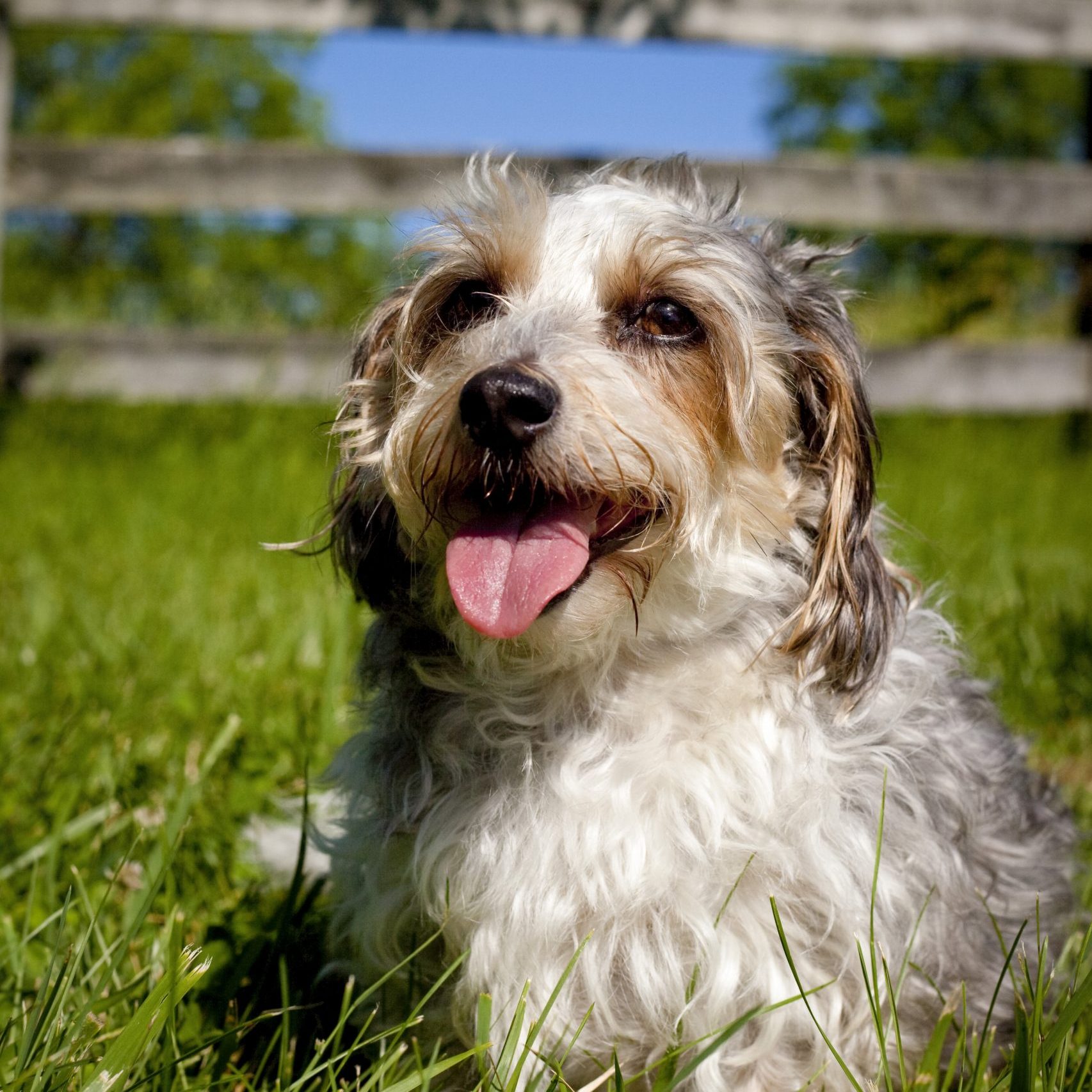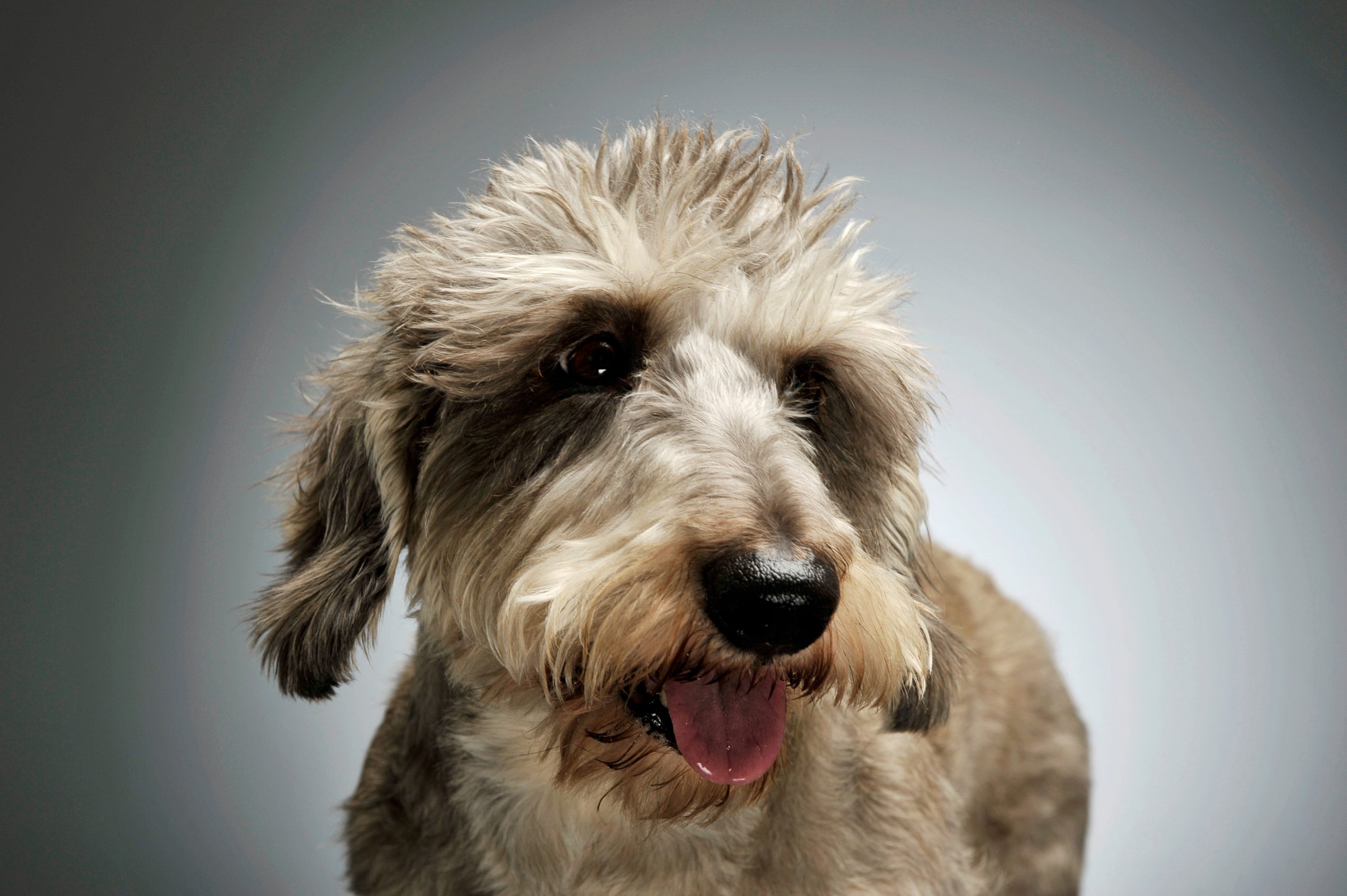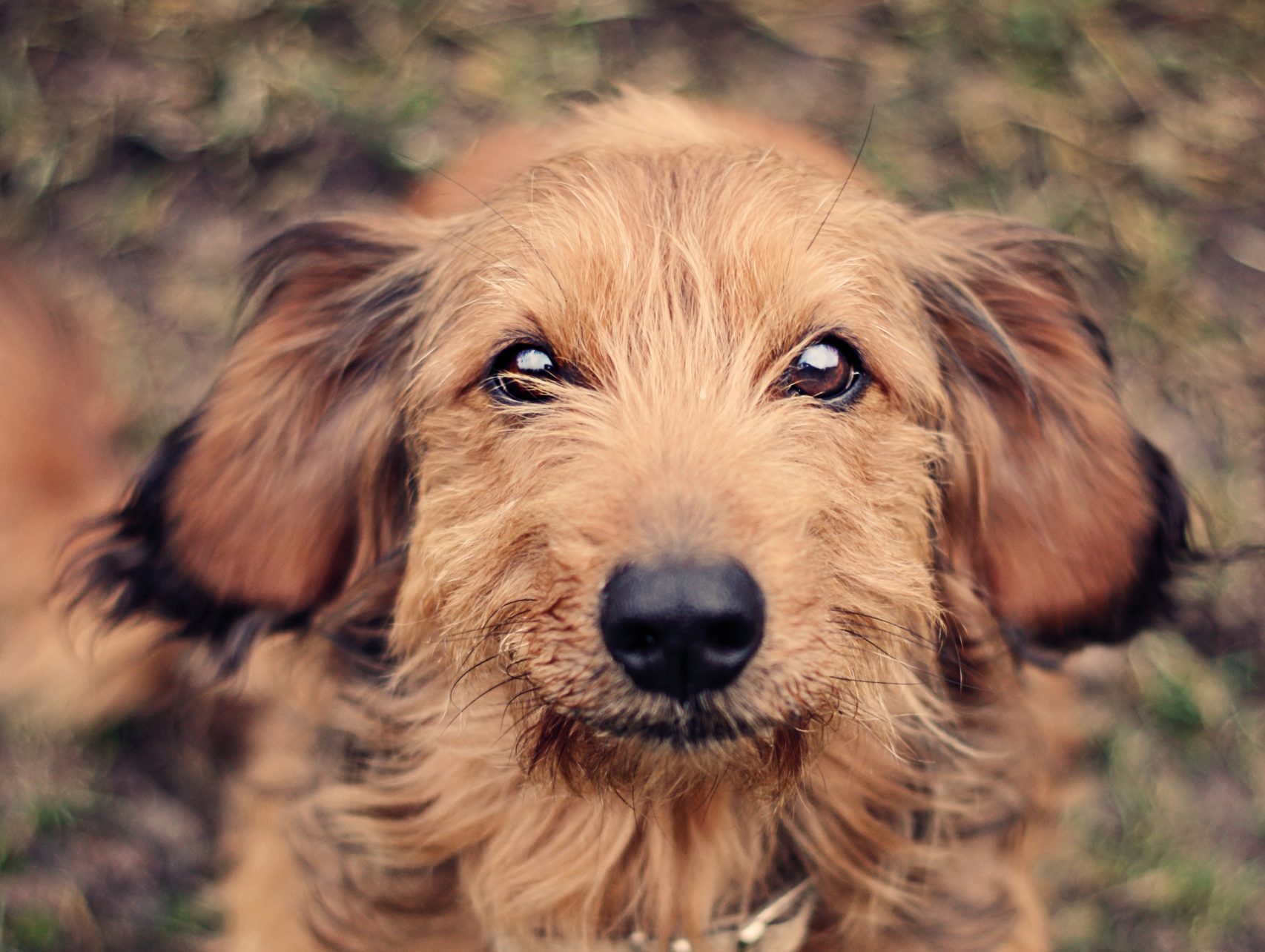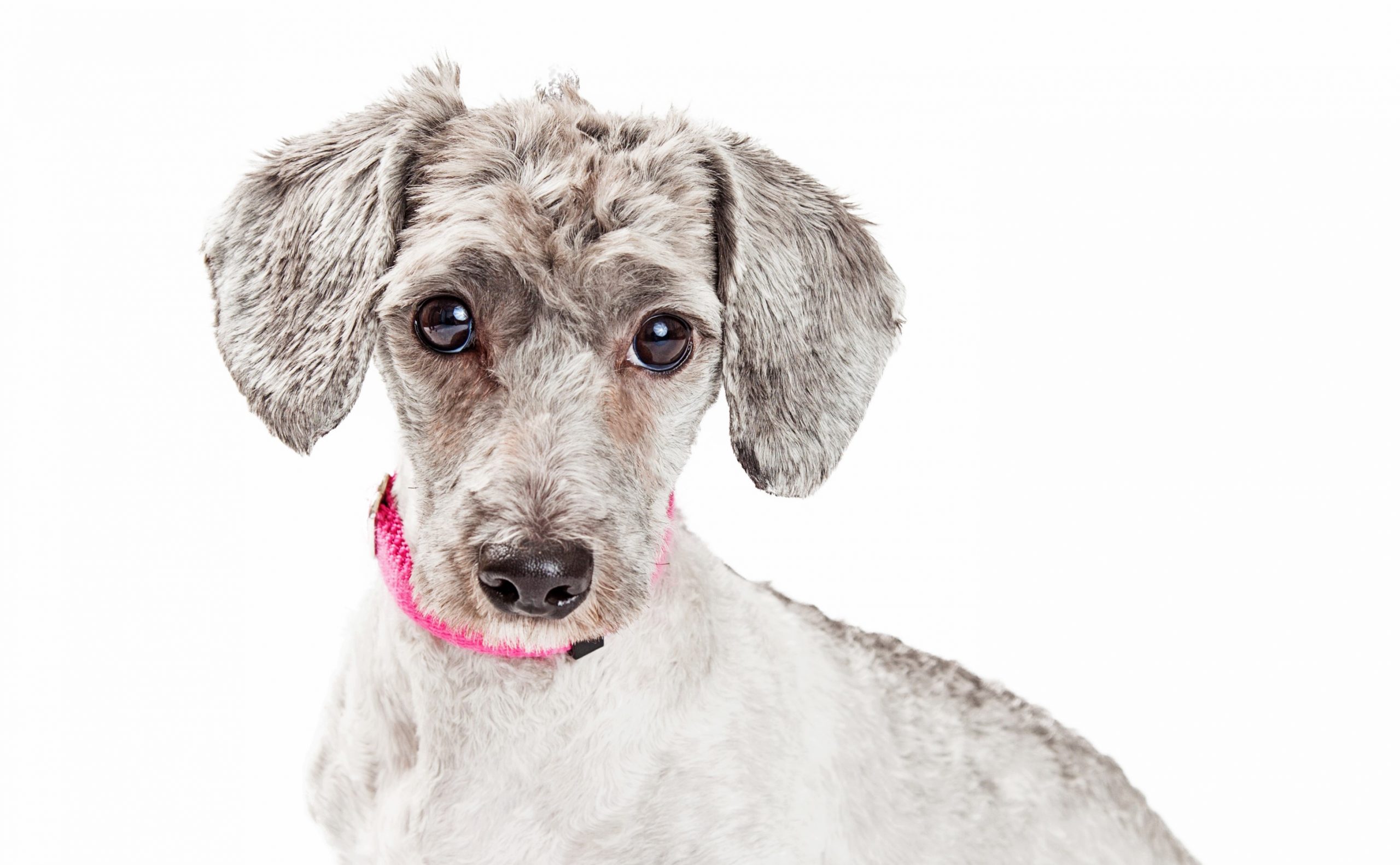Doxiepoo
No products found which match your selection.
Shelter Dog Meal Donation Count:
No products found which match your selection.
The Doxiepoo combines the playful courage of the Dachshund with the intelligence and hypoallergenic coat of the Poodle, making it an adaptable and affectionate companion. With its moderate exercise needs and potential for a hypoallergenic coat, it’s suited to a wide range of homes, from apartments to houses with yards. As with all mixed breeds, individual Doxiepoos can vary greatly, so getting to know the dog’s parents and health background can provide better insight into your potential pet’s needs and temperament.
The Doxiepoo’s coat can be curly, like a Poodle, or wiry, like a Dachshund. Their grooming needs are moderate, with regular brushing required to prevent matting.

The Doxiepoo emerged as part of the designer dog trend to combine favorable traits of two purebred dogs. They gained popularity for their hypoallergenic coats and loving disposition.




They can inherit health issues like back problems (from the Dachshund) and eye conditions. Regular vet check-ups are essential.
Their grooming needs depend on their coat type but generally involve regular brushing and occasional baths.
Doxiepoos enjoy daily walks and play sessions. They do not require extensive exercise but do enjoy being active.
They respond well to positive reinforcement training techniques. Consistency is key due to their occasional stubborn streak.
A balanced diet suitable for their size and activity level is recommended. Portion control is important to prevent obesity.
In conclusion, the Doxiepoo is a loving, adaptable, and playful companion suitable for various households. Their intelligence and moderate exercise needs make them great pets for active families and those seeking a more relaxed companion. Proper care, regular grooming, and veterinary check-ups are key to keeping them healthy and happy.
The Doxiepoo, a cross between a Dachshund and a Poodle, inherits characteristics from both parent breeds, including potential health issues. Awareness of these common health problems and recommended tests can help ensure better care and a healthier life for your Doxiepoo.
By understanding these common health issues and adhering to a schedule of recommended tests and preventative care, you can help ensure that your Doxiepoo lives a long and healthy. Always consult a veterinarian for personalized advice and care plans for your pet.
The iHeartDogs Free Rx Discount Card Program is a pet prescription discount card that can help you save money on your furry friend’s medications. The card is free to sign up for, and you can use it at participating pharmacies nationwide. To use the free program, simply show the card to your pharmacist when you pick up your pet’s prescription. The pharmacist will then scan the card, and you will receive a discount on the price of the medication.LEARN MORE
Caring for a Doxiepoo, a cross between a Dachshund and a Poodle, involves various expenses that accumulate annually. The cost can vary depending on your location, the dog’s health, and the level of care you choose. Here’s an overview of typical expenses:
Total Estimated Annual Cost:
$1550 - $6099
It's important to note that these figures are estimates and can vary. Also, the first year of owning a dog can be more expensive due to one-time costs like spaying/neutering, initial vaccinations, and training. Regular budgeting for your dog's needs and an emergency fund for unforeseen costs are essential for responsible pet ownership.